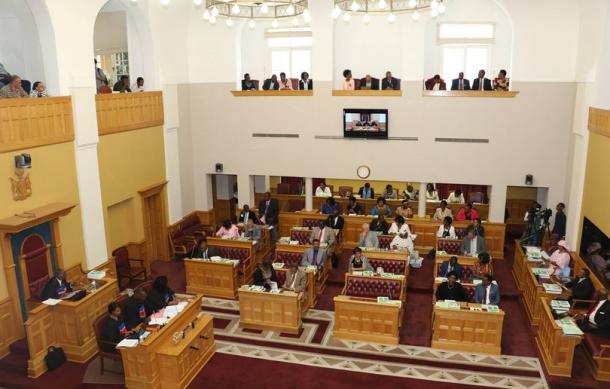
The Resettlement Policy should aim to improve the lives of landless or disadvantaged Namibians and be inclusive, irrespective of people's economic and social status.
These were the sentiments of the Popular Democratic Movement's (PDM) Diederik Vries in his contribution to the National Resettlement Policy under the Ministry of Agriculture, Water, and Land Reform.
The general eligibility criteria for potential beneficiaries of resettlement is the requirement to have resource ownership and access to capital.
The aim of the National Resettlement Policy is to right past colonial wrongs and achieve social and economic equity for all citizens.
Vries, however, described the policy as discriminatory to previously disadvantaged Namibians who do not meet the requirements.
"This policy only values the economic benefits but undermines the social aspect of why land redistribution is important for the previously disadvantaged people in Namibia. This policy increases the gap between people with resource ownership and those who do not have such resources. This policy introduces three broader resettlement models purposefully tailored to the varying land needs of the eligible beneficiaries. One such model is the High Economic Value Model, which mainly focuses on the resettlement of commercial farms. This same policy, however, acknowledges that insufficient commercial agricultural land is available in Namibia to cover the ever-increasing number of Namibians eligible for resettlement."
Vries further stressed that some of the bottlenecks identified in the previous policy were the mismatch of the policy and criteria for the allocation of the acquired land and the lack of effective monitoring and evaluation of the resettlement process.
He thus implored the government to be committed to addressing the land redistribution challenges that Namibians continue to face, adding that this could be done in a more coordinated, inclusive, and transparent manner.





